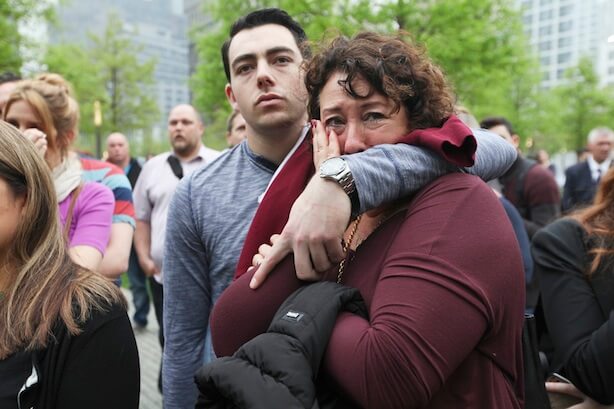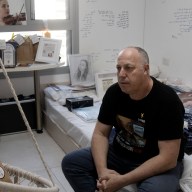The opening of the 9/11 Memorial Museumbrings mixed feelings to the city most profoundly touched by its tragedy. But for those living with grief from that day, whether tied to the attacks or the ensuing wars in Iraq and Afghanistan, the museum is a high-profile acknowledgement that their loss is not forgotten. “It’s about letting survivors and families know that, while it is a trauma, we’re not asking you to forget, and we won’t forget,” says psychotherapist Mandy Eppley, who co-developed the Model of Heart-Centered Grief. The museum is a rarity in the modern, fast-paced world that pressures people to overcome grief rather than allowing themselves to experience it fully.
“Society is sending the messages subtly and directly to get on with it, because it’s making everyone uncomfortable,” she says. “The reality is grief has its own pace.”
And it doesn’t take an event the magnitude of 9/11 to spur grief — the end of a relationship, being laid off or health problems can all trigger feelings of profound sadness. But with so much tragedy constantly bombarding us on 24-hour news networks and the Internet, our individual losses can seem insignificant. In this, Eppley sees technology as a complicated gift that can desensitize us to human suffering. There are consequences to not letting ourselves experience that sadness. “The truth of the human psyche is our capacity to feel the depth of our sorrow … is directly tied to how much we experience our joy. We don’t have the luxury of compartmentalizing our grief and it not impacting our capacity to feel overall.” Refusing to deal with grief can lead to numbing behaviors, from alcoholism and compulsive shopping to watching too much television — anything to avoid the pain. But suppressing grief also robs us of its potential. “Learning to hold [our grief] with great dignity, to hold it without shame, it does create a new relationship to the loss itself,” she says. “If people are open to their grief, and truly grief is how we learn about who we are, it’s what great movements are birthed out of.” She points to the #SaveOurGirls campaign and Mothers Against Drunk Driving as moments when grief transformed from pain into positive action. But even a casserole for an elderly neighbor, volunteering for a nonprofit or taking part in a cleanup makes a difference. Ask yourself what you’re most passionate about and turn it into action. “People who have been brokenhearted are the ones bringing change to our planet,” Eppley says. “I’ve never seen a therapeutic technique that can hold a candle to people using their suffering to help others.”
Losses large and small
Using grief for change
Broken hearts mend the world: 9/11 and why grief is important

Getty Images














